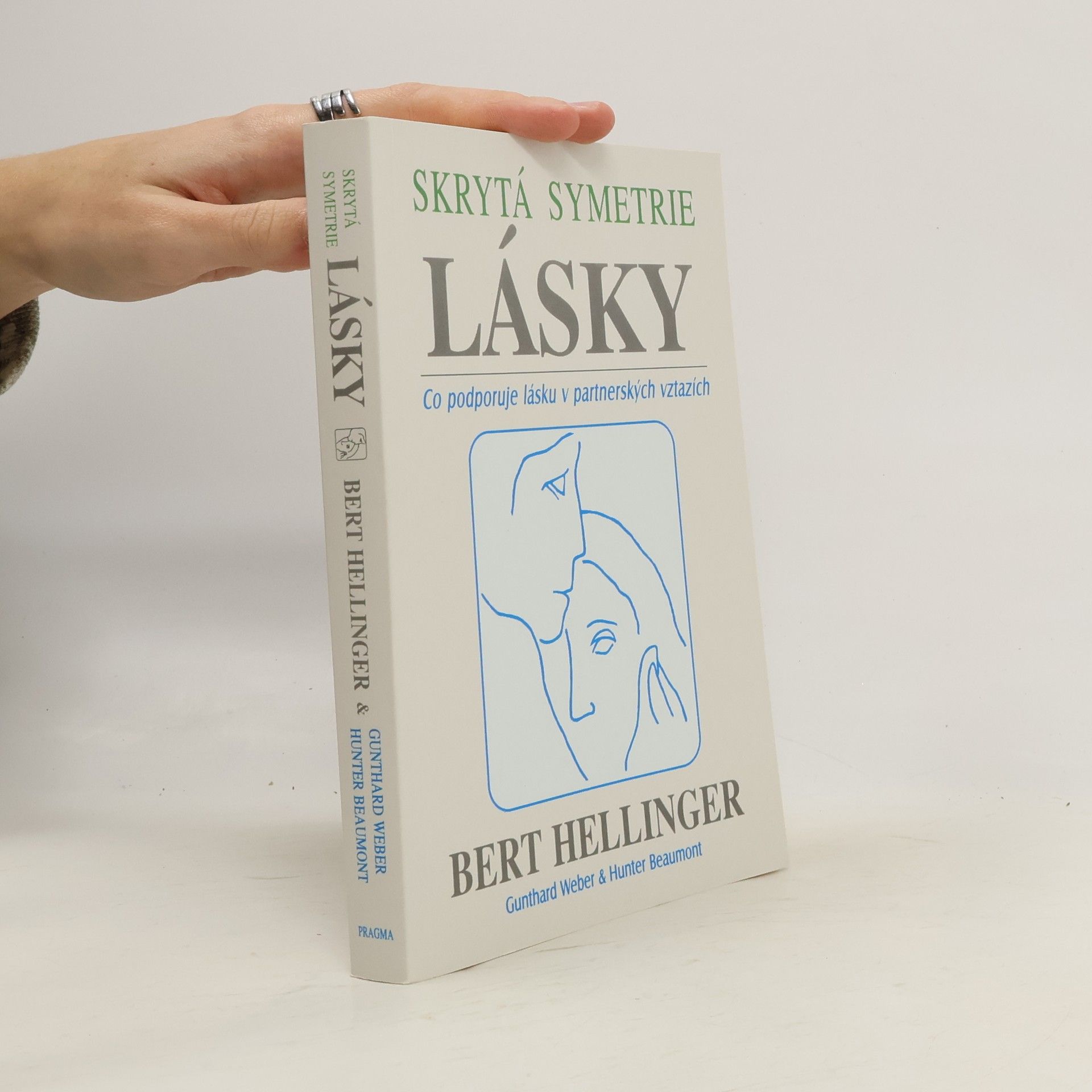Skrytá symetrie lásky: Co podporuje lásku v partnerských vztazích
- 290 Seiten
- 11 Lesestunden
Bert Hellinger nevěří v odloučenost duchovnosti od vědy a literatury. Na rozdíl od hlavního proudu psychoterapie používá takových slov jako "duše" nebo "srdce", ale používá jich ve velmi specifickém smyslu. Podle něho je lidská duše ztělesněná v naší zkušenosti, takže ji prožíváme jako něco reálného. Duše se liší od mysli i těla, nicméně se mezi nimi cítí dobře. Například touha není jen myšlenka, je to něco, co vnímáme jako bolest. Není však totožná s bolestí tělesnou. Je to něco uprostřed. Duše zná takové pocity, jako je osamělost, naděje, touha, blízkost k druhým nebo věrnost. Když jí pozorně nasloucháme, řekne nám, co potřebuje a co miluje. Tato kniha ukazuje lidem, jak rozlišovat mezi potřebami duše a slepým tlakem společenských konvencí, náboženských předsudků a politické ideologie.
